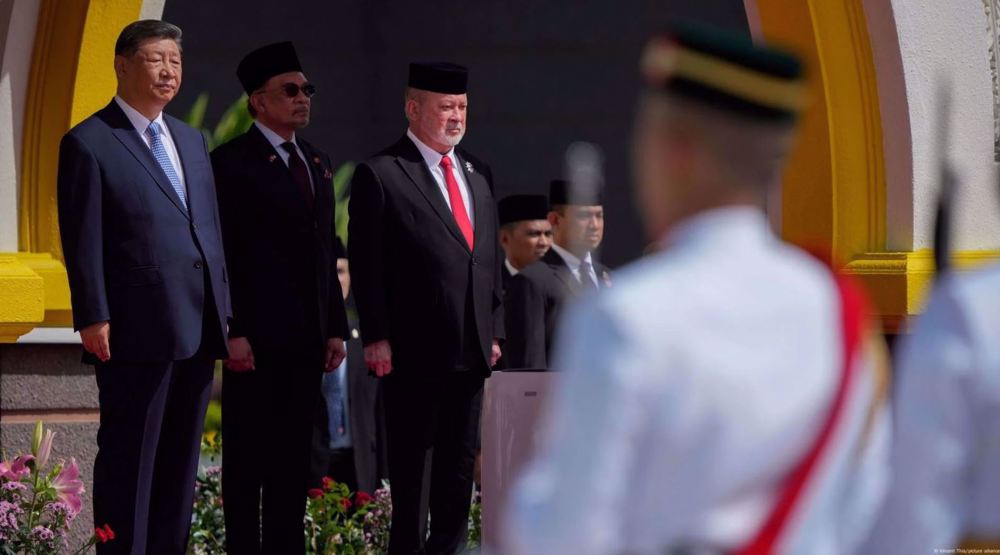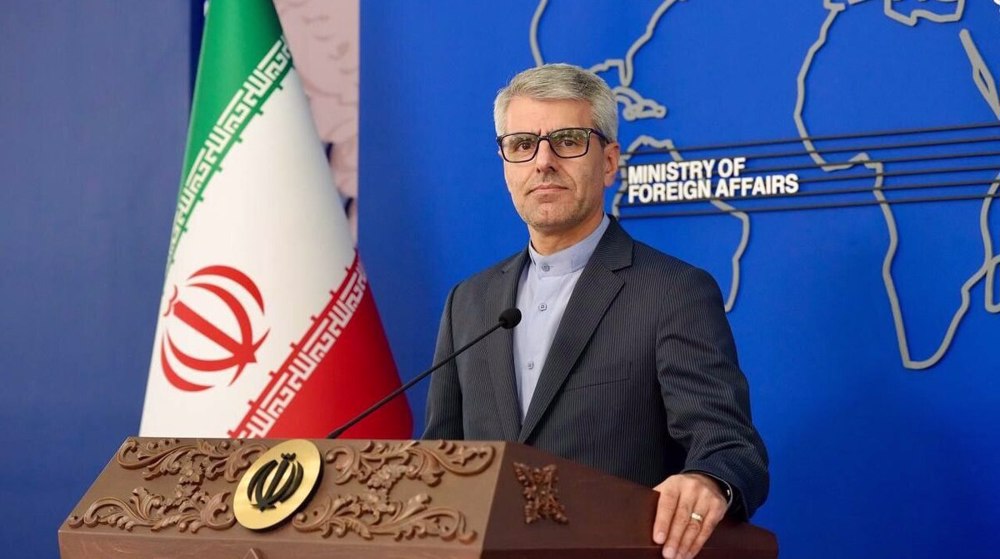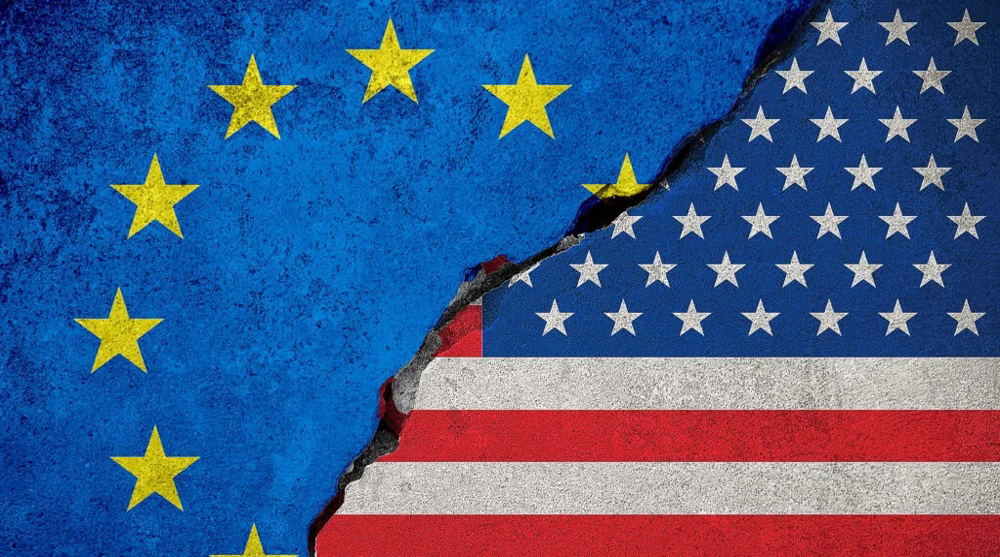Iran deal excludes access to US financial system: White House
The United States says the Iran nuclear deal does not include any provision that allows the Islamic Republic to have access to the US financial system.
The deal, known as the Joint Comprehensive Plan of Action (JCPOA), was struck between Iran and the P5+1 - the United States, France, Britain, China, Russia and Germany - on July 4, 2015.

After the two sides started to implement the JCPOA on January 16, all nuclear-related sanctions imposed on Tehran by the European Union, the Security Council and the US were lifted. Iran has, in return, put some limitations on its nuclear activities.
On Friday, White House Press Secretary Josh Earnest said “the agreement that’s included in the JCPOA does not include giving Iran access to the US financial system or to allow the execution of so-called U-turn transactions."
Earnest’s remarks came after Head of Iran's Central Bank Valiollah Seif, who is in Washington for the spring meetings of the International Monetary Fund and the World Bank, said earlier in the day that the US and its European allies "need to do whatever is needed to honor their commitments."

"If it means more face-to-face contacts with the international banks assuring them they do not penalize them working in Iran, if it means making changes to the laws and regulations to give access to the US financial systems — allow U-turn, whatever is needed — they need to do," Seif added.
Earnest said that "the United States, along with the rest of the international community, is committed to living up to our end of the bargain."
In addition, US State Department spokesman John Kirby said Washington has already fulfilled its part of the nuclear deal.
"There is no need to do more, when we have met all of our commitments," Kirby told reporters later in the day.
On April 6, US Secretary of State John Kerry said that Iran deserves access to the US financial system because it had met its obligations under the nuclear agreement.

"It’s fair for Iran to get what it deserves because it kept its part of the bargain to date, with respect to the nuclear agreement," Kerry said during an interview on MSNBC.
US banks are still banned from dealing with Iran as part of an old US trade embargo that still remains in place. Accordingly, this is believed to have already effectively blocked any transactions with Iran which is based on US dollars because they would ultimately have to be cleared in the US.
Indications had been specifically growing lately that a legacy of hefty fines by the US on banks that are caught for violating Iran sanctions is deterring businesses from trading with Iran.
Meanwhile, Republicans have charged the Obama administration with trying to allow dollar-denominated transactions with Iran that are done through foreign banks, and say that concession goes against the will of Congress.
Last month, a group of US Republican senators also introduced legislation to impose new sanctions against Iran over what legislators have described as Tehran’s “support for terrorism and human rights violations,” accusations that have been vehemently denied by Iran.

China says stands with Malaysia, region in face of unilateralism

Iran warns ‘moving the goalposts’ could derail Tehran-Washington talks

‘The West as we knew it no longer exists’: European Commission’s chief
VIDEO | US's broken commitments
VIDEO | Russia will not stand idly by if Iran is attacked
Iran repeats call on IAEA to clarify position on threats made against peaceful nuclear sites
China says stands with Malaysia, region in face of unilateralism
UN envoy urges journalists to speak out on Gaza genocide
‘Complete humanitarian collapse’ imminent in Gaza: Media office
Doctors Without Borders: Israel has turned Gaza into ‘mass grave’
Iran, Tajikistan discuss defense partnership, counter-terrorism cooperation







 This makes it easy to access the Press TV website
This makes it easy to access the Press TV website